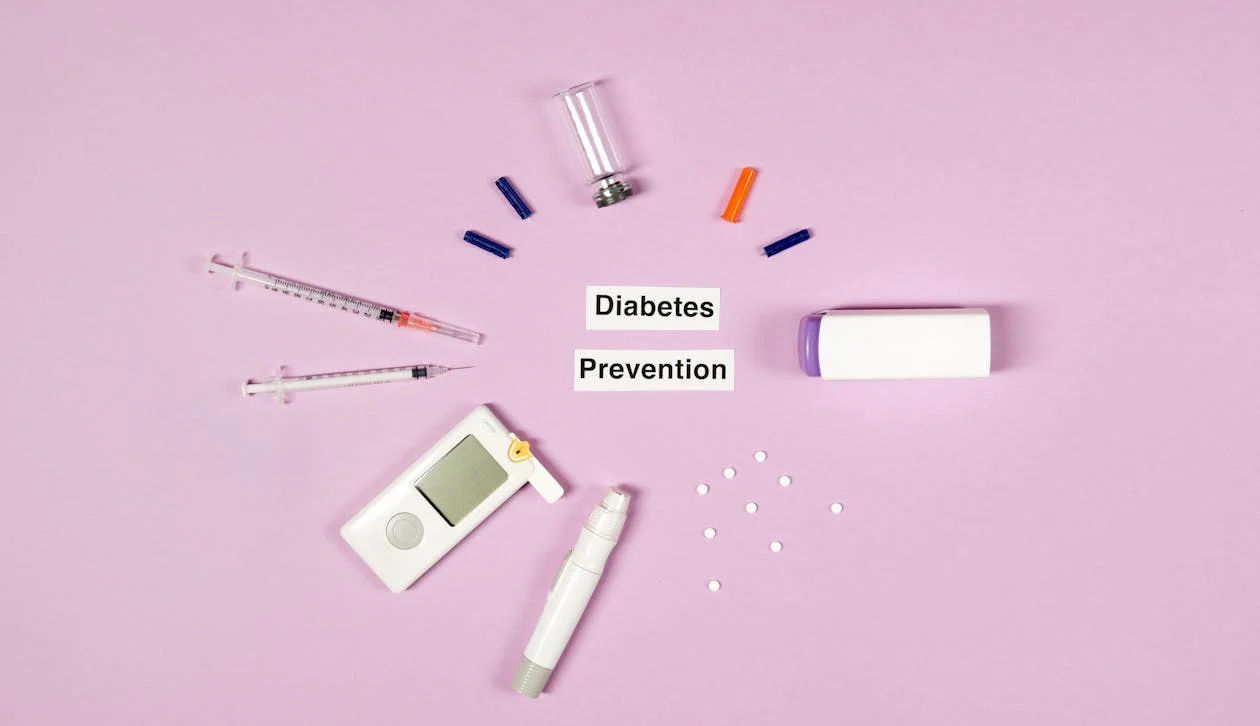Stress is a common part of modern life, but its impact on health can be profound and multifaceted. One area of growing concern is the potential link between stress and diabetes. Understanding this connection is crucial for managing both stress and overall health.
1. The Stress Response
- Fight or Flight Mechanism: When faced with stress, the body activates its fight or flight response, releasing hormones such as cortisol and adrenaline. These hormones can temporarily increase blood sugar levels, providing the body with immediate energy to handle the perceived threat.
- Chronic Stress: While short-term stress can be beneficial, chronic stress can lead to prolonged elevated levels of these hormones, which may contribute to insulin resistance, a key factor in the development of Type 2 diabetes.
2. Stress and Lifestyle Choices
- Unhealthy Coping Mechanisms: Individuals experiencing chronic stress may turn to unhealthy coping mechanisms, such as overeating, consuming high-sugar foods, or neglecting exercise. These behaviors can lead to weight gain and increased blood sugar levels.
- Sleep Disruption: Stress can also interfere with sleep quality, leading to fatigue and further impacting lifestyle choices. Poor sleep is linked to an increased risk of obesity and diabetes.
3. The Role of Inflammation
- Inflammation and Insulin Resistance: Chronic stress is associated with increased inflammation in the body. Inflammation can disrupt the normal function of insulin, the hormone responsible for regulating blood sugar levels, thereby contributing to insulin resistance.
- Diabetes Development: Over time, persistent inflammation and insulin resistance can elevate the risk of developing Type 2 diabetes.
4. Research Insights
- Epidemiological Studies: Various studies have shown a correlation between chronic stress and an increased risk of developing Type 2 diabetes. Individuals with high-stress levels are more likely to experience metabolic syndrome, a cluster of conditions that increase diabetes risk.
- Mental Health Factors: Depression and anxiety, common consequences of chronic stress, have also been linked to a higher risk of diabetes. Managing mental health is crucial in reducing overall diabetes risk.
5. Stress Management Strategies
- Mindfulness and Relaxation Techniques: Practices such as meditation, yoga, and deep breathing exercises can help reduce stress levels and promote relaxation.
- Regular Physical Activity: Engaging in regular exercise not only helps manage weight but also reduces stress and improves insulin sensitivity.
- Healthy Eating: A balanced diet rich in whole foods, including fruits, vegetables, whole grains, and lean proteins, can help mitigate the effects of stress on blood sugar levels.
Conclusion
While stress alone does not directly cause diabetes, its role in promoting behaviors and physiological changes that increase diabetes risk is significant. Managing stress through healthy coping strategies, physical activity, and mindfulness can play a crucial role in preventing Type 2 diabetes and promoting overall health. Recognizing the connection between stress and diabetes empowers individuals to take proactive steps in their health journey.

